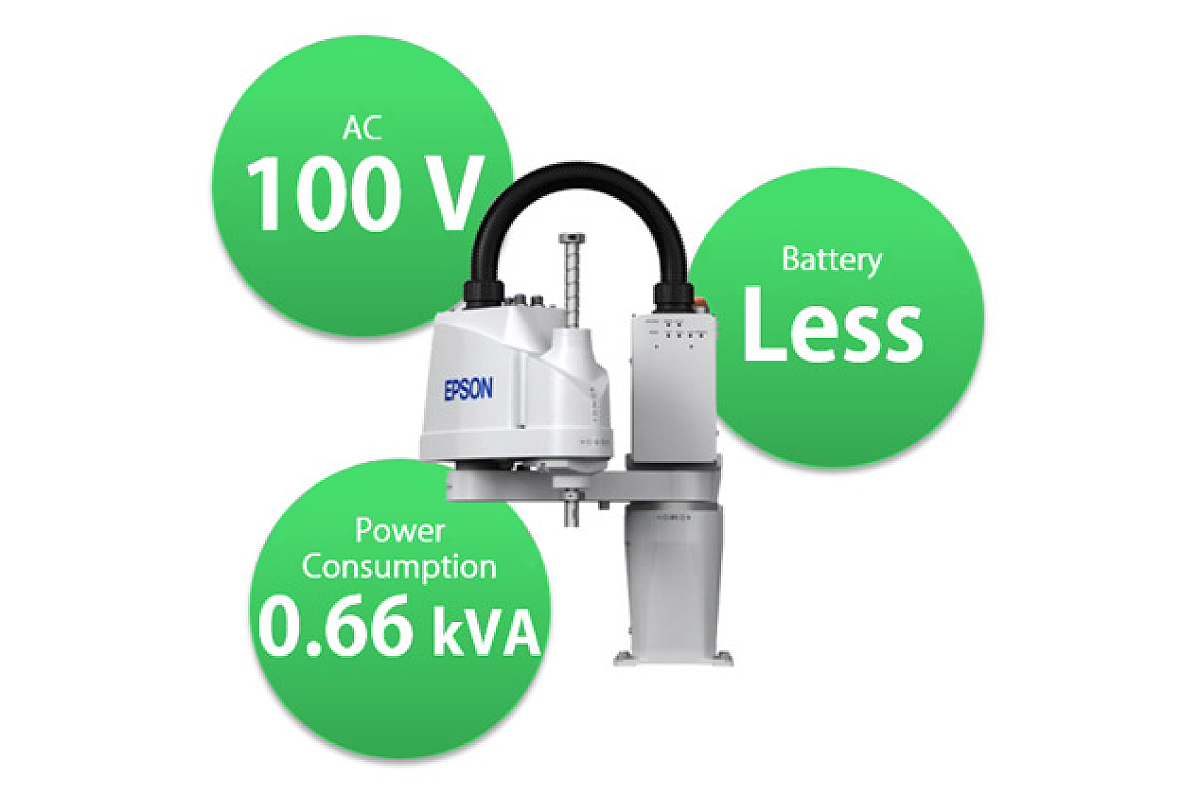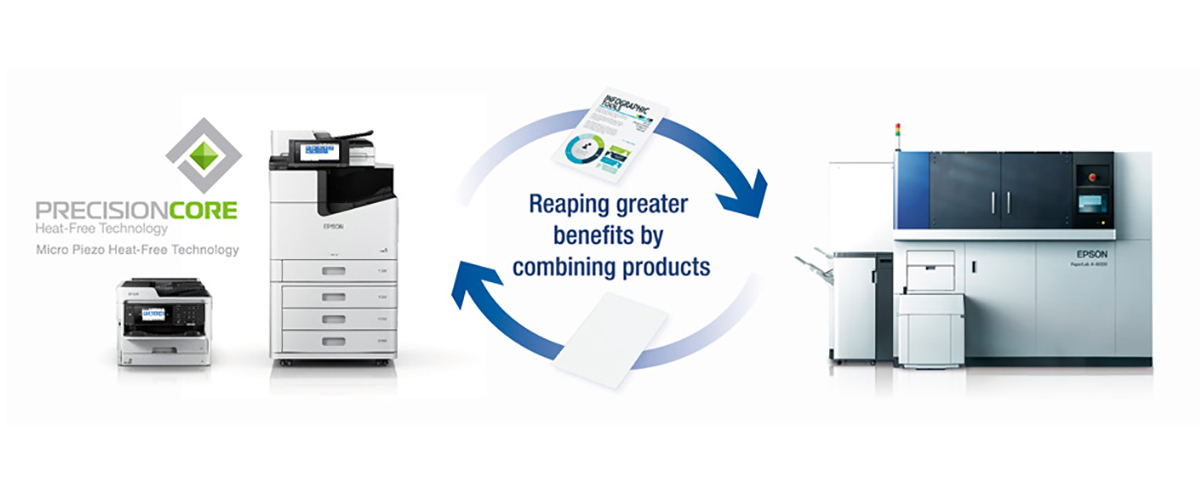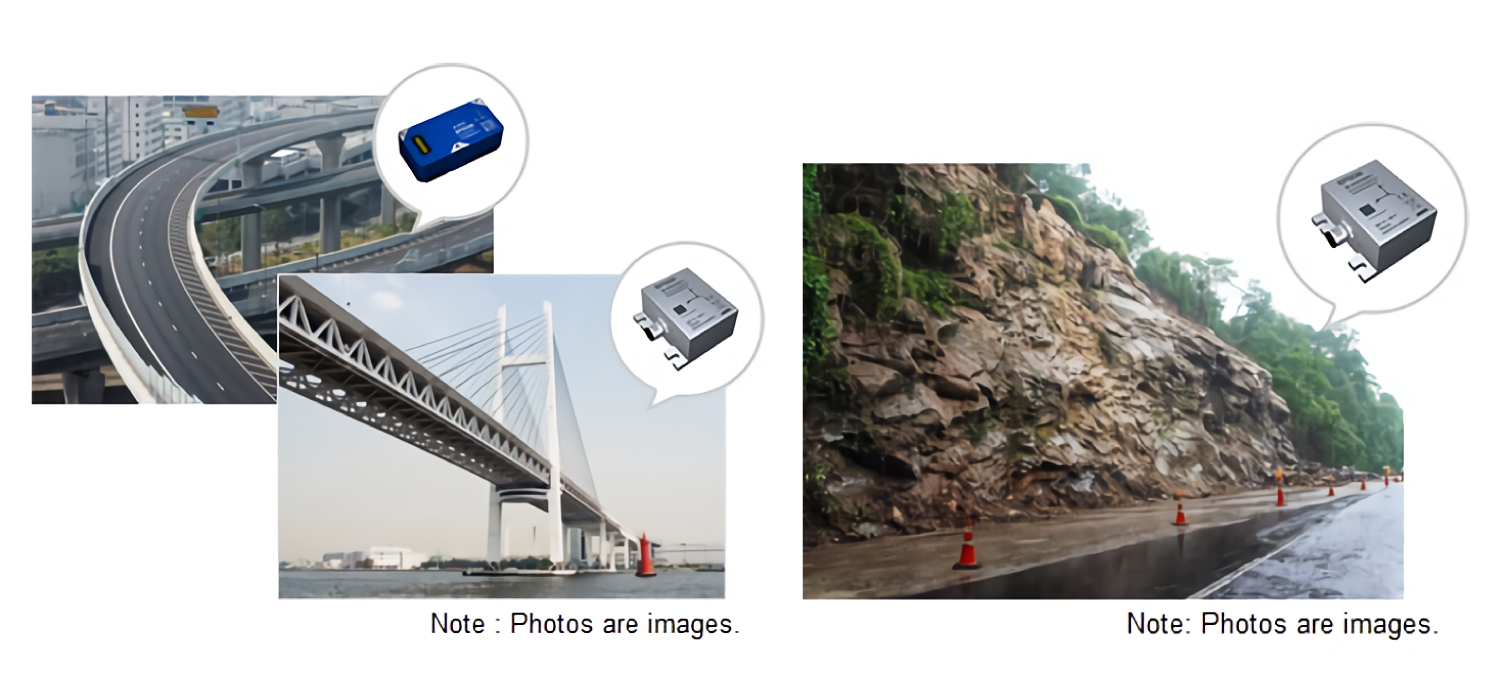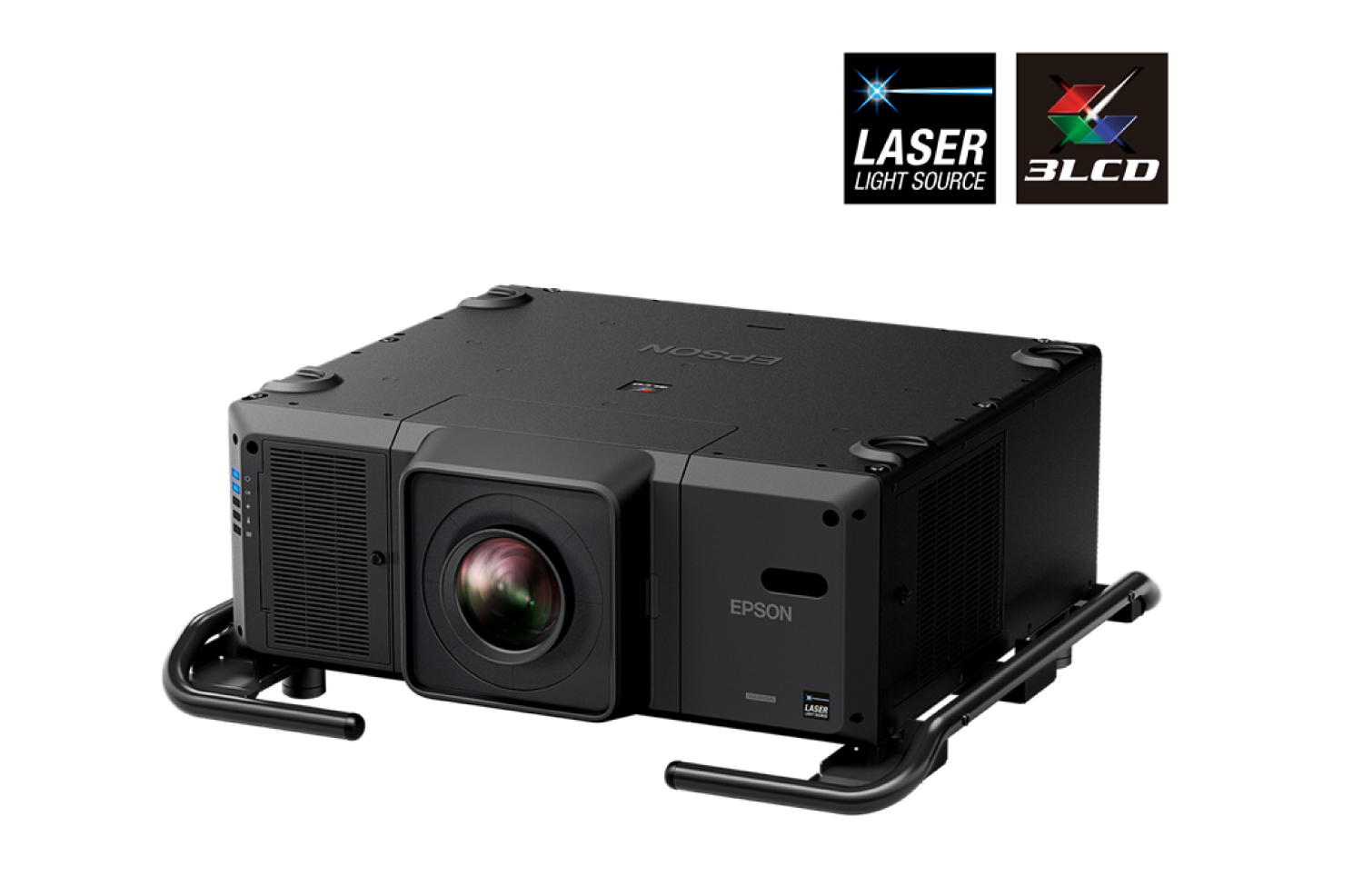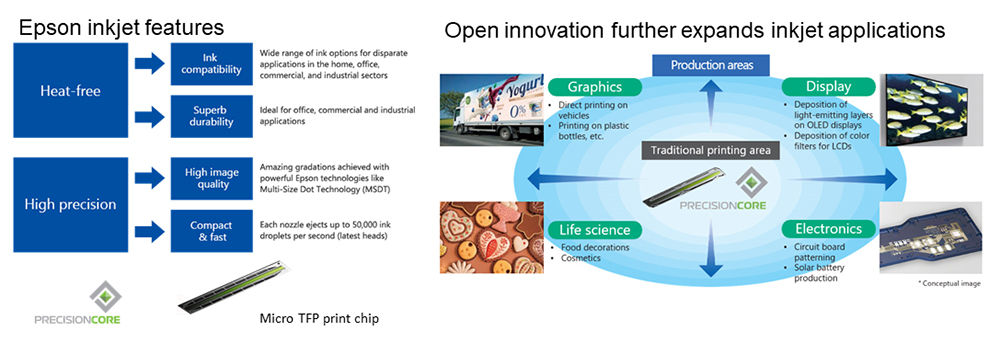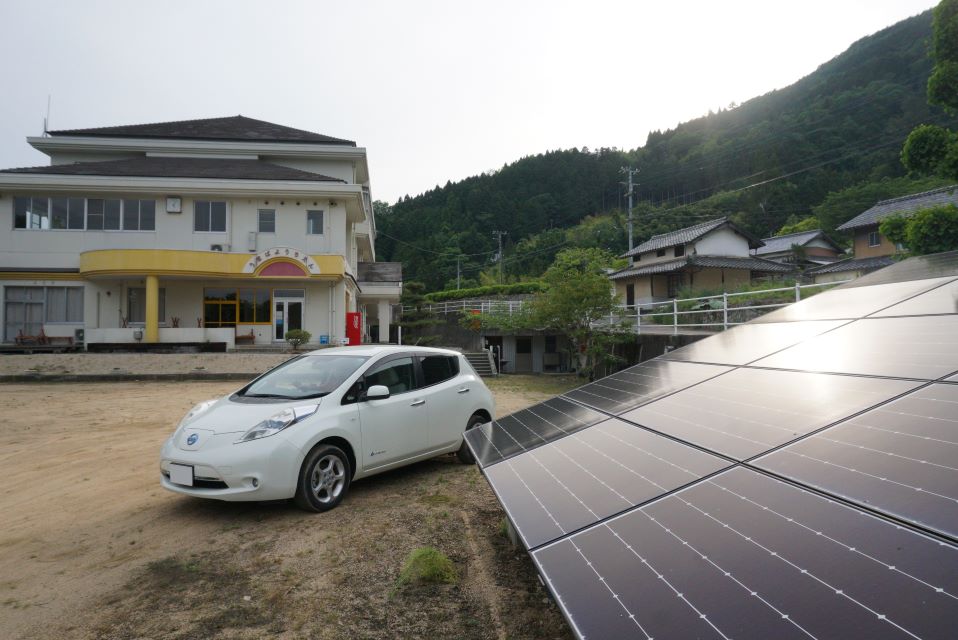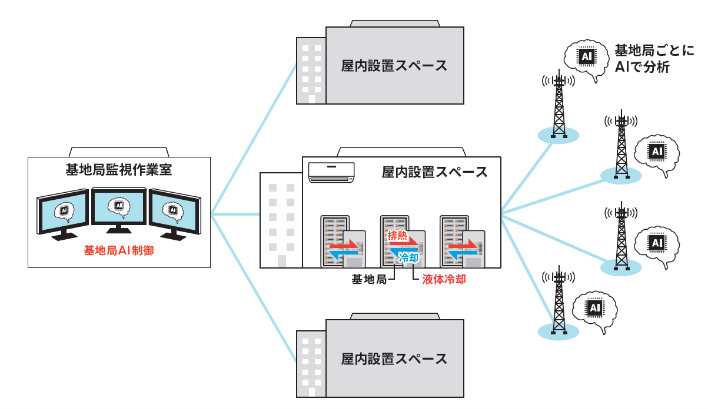Robotics technology that realizes thorough power saving
SEIKO EPSON CORPORATION
Outline
Our robot development has its roots in the SCARA robots optimized for the precision assembly of our wrist watch movements, and has led the industry for more than 35 years.
By combining image processing technology, sensing technology, and technologies and devices cultivated in various other fields in accordance with our development philosophy of “efficient / small / precise”, our pursuit of high-speed, high-precision, compact, lightweight, slim, power-saving robots is ongoing. In particular, advanced technologies in robot control and VRT control have been used to reduce latency time between repetitive operations, reduce the arm mass and reduce the size of the motor; technologies currently under development are expected to realize even smaller robots with lower power consumption.
Description
With the rise in global labor costs and intensifying competition for human resources, the introduction of robots at production sites is rapidly expanding. In addition, the number of people who want to be free from tedious tasks and pursue their own interests is increasing. Given these trends, it is expected that the use of robots will expand from factories to retail stores and other areas.
With the growing number of robots, comes increased power consumption, and a resulting increase in the load on the environment. In order to balance the growth of the robot market and climate change mitigation, power saving technology of the robot itself is vitally important.
By leveraging our expertise in image processing technology, sensing technology, and other fields, in combination with know-how built from our long history in the robot business, we are developing a small robot with low power consumption by shortening the waiting time between repetitive operations, reducing the weight of the arm and downsizing the motor.
In addition, we make the most of our network, with sales and production bases worldwide, to quickly grasp customer issues and respond quickly to detailed requests.
In the future, diversification of the needs for robots is expected to require significant technological innovation. By continuing to employ technology and expertise from our various businesses, we will continue to reduce power consumption and increase efficiency as the robot market grows larger and more diverse.
Supplementary information
Robotics innovation
https://www.epson.jp/IR/library/pdf/integrated_report/epson_ir2019_14_e.pdf
https://global.epson.com/SR/environment/products/products.html#ac04
Introduction of our HP robot products
https://www.epson.jp/products/robots/?fwlink=productstop_24
Other Innovation Challenges
Micro devices that prevent loss of social infrastructure
SEIKO EPSON CORPORATION
Similar Innovation Challenges
Accelarating the penetration of renewable energy resources with “Open Energy System”
Sony Group Corporation
Achieving net-zero carbon emissions from plant factories using full artificial lighting
Taikisha Ltd.
Advanced technology for buildings providing energy-saving and comfortable indoor environment (under Net Zero Energy condition)
Mitsubishi Electric Corporation
AI control reduces base station power consumption by up to 50%
KDDI CORPORATION

